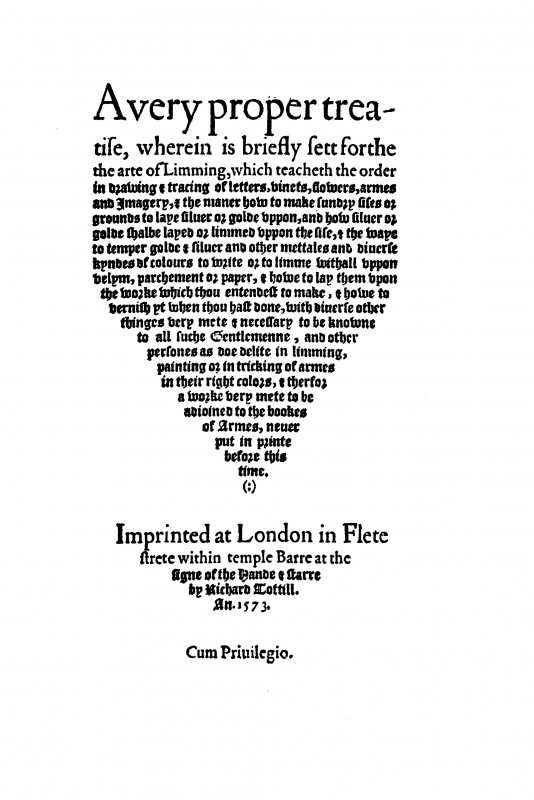

And, because the parts of absolute space do not fall under our senses, instead of them we are obliged to use their sensible measures, and so define both place and motion with respect to bodies which we regard as immovable. Absolute Motion is said to be the translation of a body from absolute place to absolute place, as relative motion is from one relative place to another. Place he defines to be that part of space which is occupied by any body and according as the space is absolute or relative so also is the place. For the rest, this celebrated author holds there is an absolute Space, which, being unperceivable to sense, remains in itself similar and immovable and relative space to be the measure thereof, which, being movable and defined by its situation in respect of sensible bodies, is vulgarly taken for immovable space. As for Time, as it is there taken in an absolute or abstracted sense, for the duration or perseverance of the existence of things, I have nothing more to add concerning it after what has been already said on that subject. In the entrance of which justly admired treatise, Time, Space, and Motion are distinguished into absolute and relative, true and apparent, mathematical and vulgar which distinction, as it is at large explained by the author, does suppose these quantities to have an existence without the mind and that they are ordinarily conceived with relation to sensible things, to which nevertheless in their own nature they bear no relation at all.ġ11. The best key for the aforesaid analogy or natural Science will be easily acknowledged to be a certain celebrated Treatise of Mechanics. Berkeley: The Principles of Human KnowledgeĪ TREATISE CONCERNING THE PRINCIPLES OF HUMAN KNOWLEDGEġ10.


 0 kommentar(er)
0 kommentar(er)
